Ella Baker
Veteran community organizer Ella Baker guided the evolution of the Student Nonviolent Coordinating Committee (SNCC) at Shaw University in April 1960. Baker encouraged the students to look beyond “hamburger” politics of lunch counter sit-ins. She challenged them to connect people’s personal troubles to larger social issues and to reach out to women and youth. Baker helped SNCC flourish by mentoring Bob Moses, Diane Nash, Julian Bond, and other student leaders. She emphasized personal connections and encouraged SNCC to build on the talents of local people.

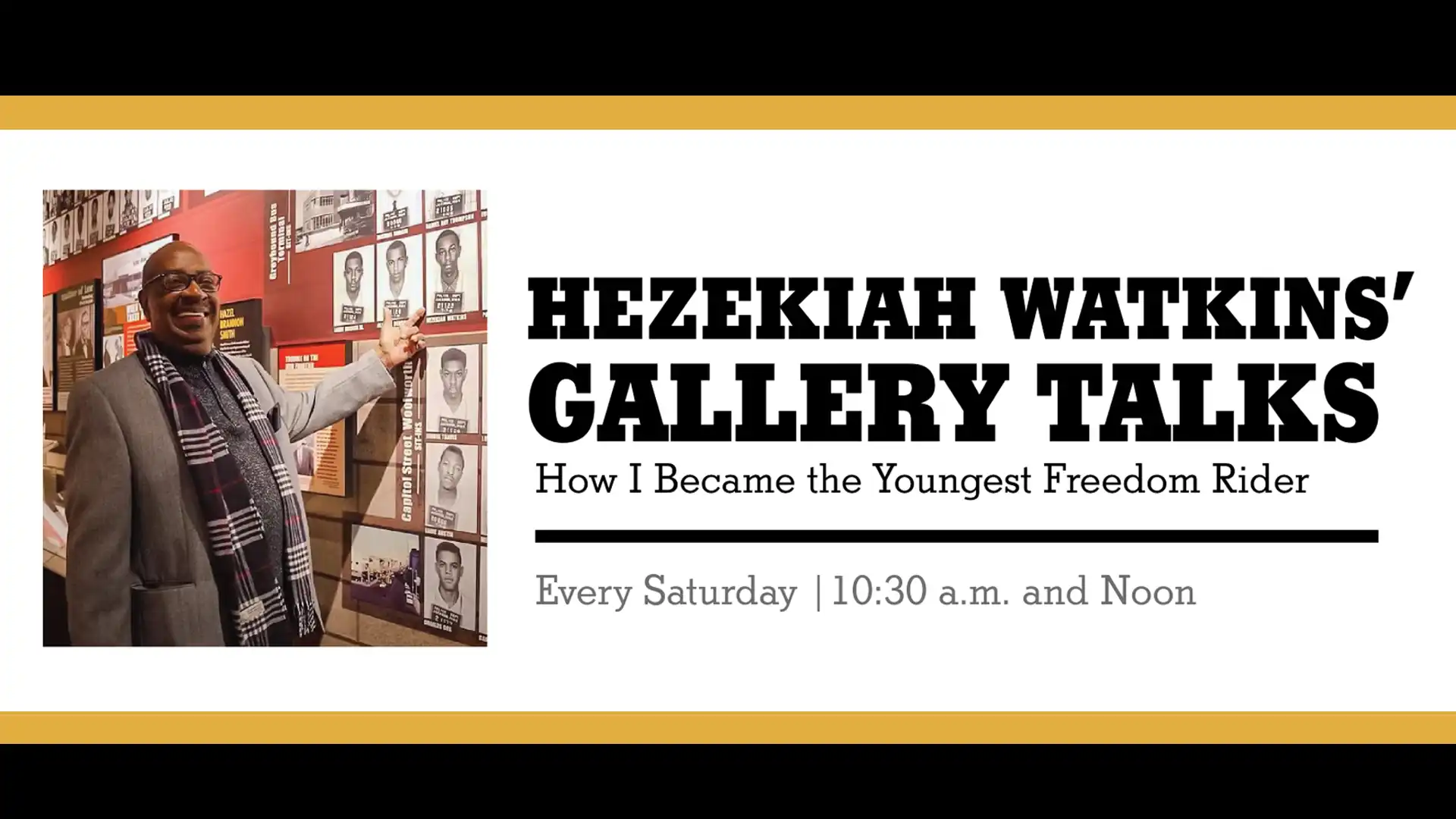

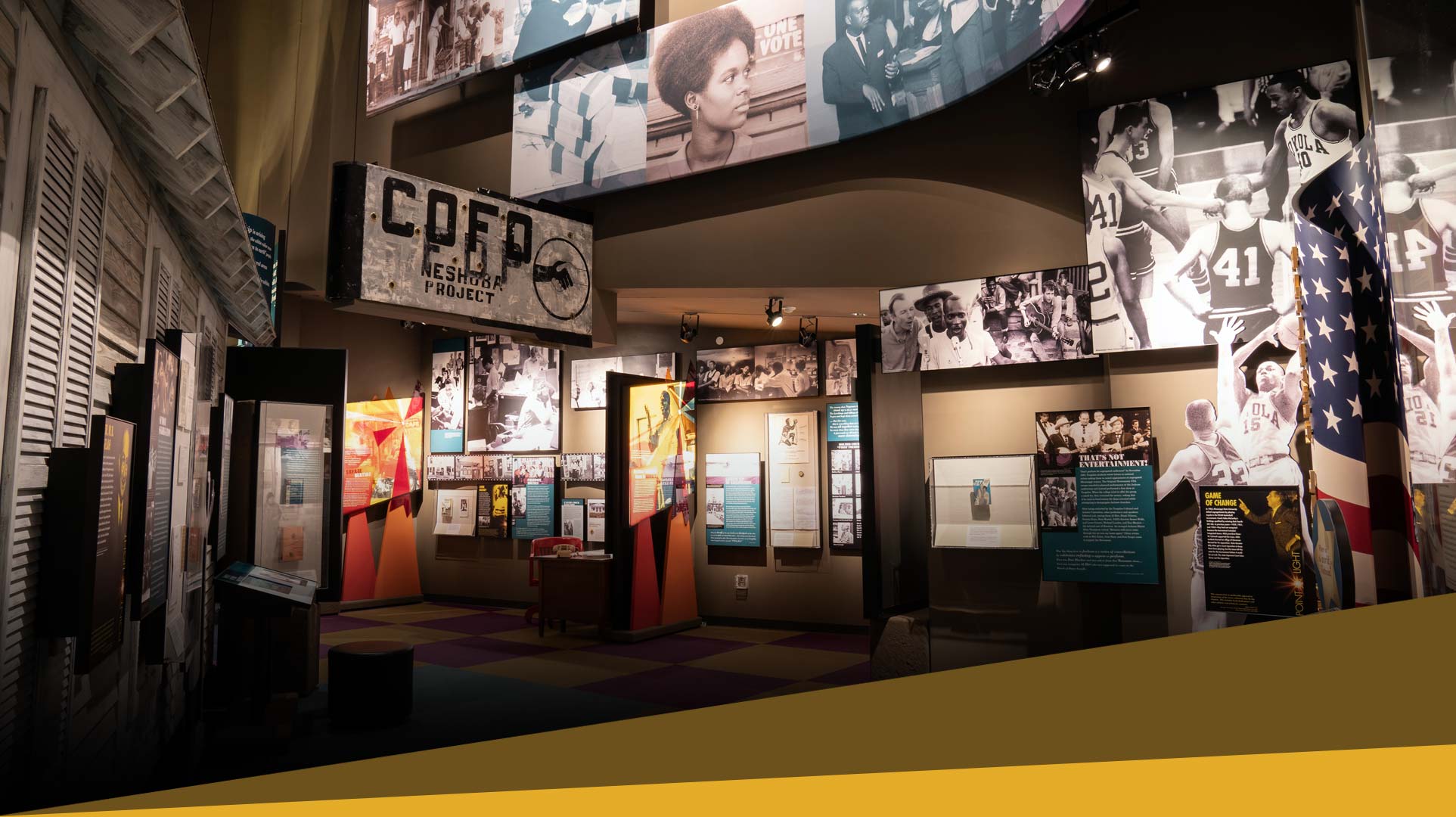




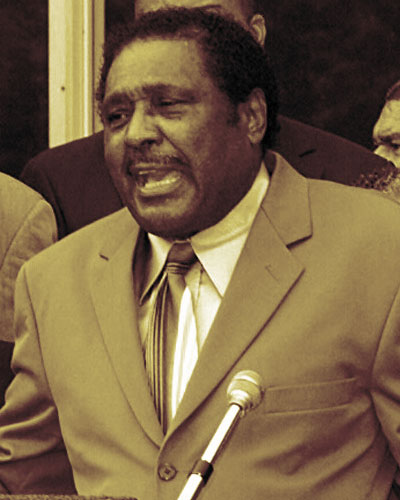
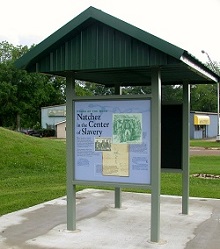 Location of the second-largest slave market in the Deep South
Location of the second-largest slave market in the Deep South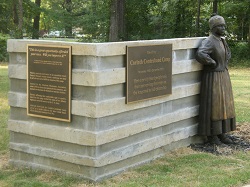 Established to accommodate enslaved people who fled to safety during the Civil War
Established to accommodate enslaved people who fled to safety during the Civil War